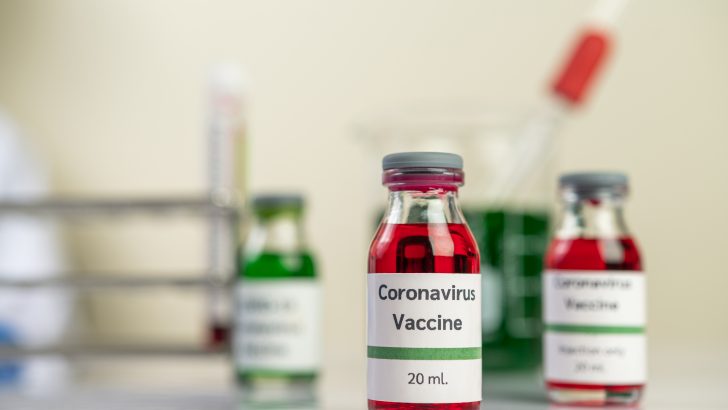Bishops address concern over Johnson & Johnson vaccine’s abortion link
Use of the Johnson & Johnson Covid-19 vaccine, approved February 27 by the US Food and Drug Administration, raises moral concerns because it “was developed, tested and is produced with abortion-derived cell lines”, the chairmen of two US bishops’ committees said March 2.
The bishops concluded, however, that “while we should continue to insist that pharmaceutical companies stop using abortion-derived cell lines, given the world-wide suffering that this pandemic is causing, we affirm again that being vaccinated can be an act of charity that serves the common good”.
Bishop Kevin Rhoades of Fort Wayne-South Bend, Indiana, chairman of the US Conference of Catholic Bishops’ Committee on Doctrine, and Archbishop Joseph Naumann of Kansas City, Kansas, chairman of the USCCB’s Committee on Pro-Life Activities, made the comments in a joint statement.
Diplomat’s death draws attention to Congo insecurity
As they mourned the killing of the Italian ambassador to their country, Congo’s Catholic bishops said the nation’s deaths, massacres, kidnappings and displacement underlined the toxic state of security, especially in the mineral-rich eastern regions.
The February 22 killing of Italian Ambassador Luca Attanasio and two others shocked the country and the international community, but it also drew attention to the cycle of violence troubling regions rich in gems and minerals. “Total insecurity reigns here. If it is possible to kill a diplomat of this rank in such a manner, think about what can happen to ordinary villagers,” Bishop Sebastien Muyengo Mulombe of Uvira told Fides, news agency of the Vatican Congregation for the Evangelisation of Peoples.
Filipino Jesuits ramp up education drive for tribal people
Jesuits in the southern Philippines say they intend to increase the number of scholarships for their college and social entrepreneurship program for indigenous people living in Mindanao by 50%.
In 2017, Father Mat Sanchez, 85,and other Jesuits in the Bukidnon mission introduced a scholarship program to send 100 indigenous youths to a nearby college each year.
This year they said they will add 50 more scholarships using funds from the Philippine Jesuit Foundation, which provides financial assistance to Jesuit mission apostolates in the Philippines.
It is also funding a coffee project where indigenous people learn the business and art of coffee making and baking.
Jesuit Father Bros Flores, the project coordinator, said they aim to use the profits from this project to finance the tuition of the indigenous students.
Leading German bishop cautions priests against intercommunion
A leading German Catholic bishop has cautioned priests against intercommunion with Protestants during an ecumenical event in May.
Bishop Georg Bätzing of Limburg said in a March 1 letter to clergy that they should only give Holy Communion to non-Catholic individuals if they requested it after examining their consciences.
CNA Deutsch, CNA’s German-language news partner, reported that Bishop Bätzing issued the letter ahead of the third Ecumenical Church Congress in Frankfurt on May 13-16.
In the four-page letter, the president of the German bishops’ conference told priests that there could be “no general, inter-denominational reception of the Eucharist” or “new forms of Eucharistic celebration”.
He wrote: “The prerequisite for a worthy reception of the Eucharistic gifts, for both Catholics and non-Catholics, is the examination of one’s conscience.”


